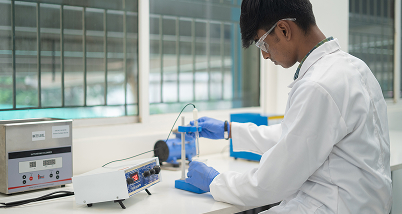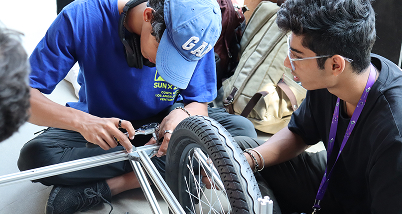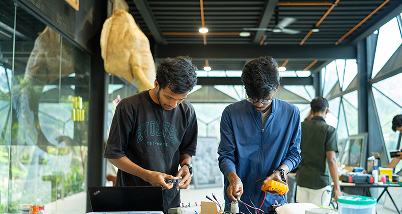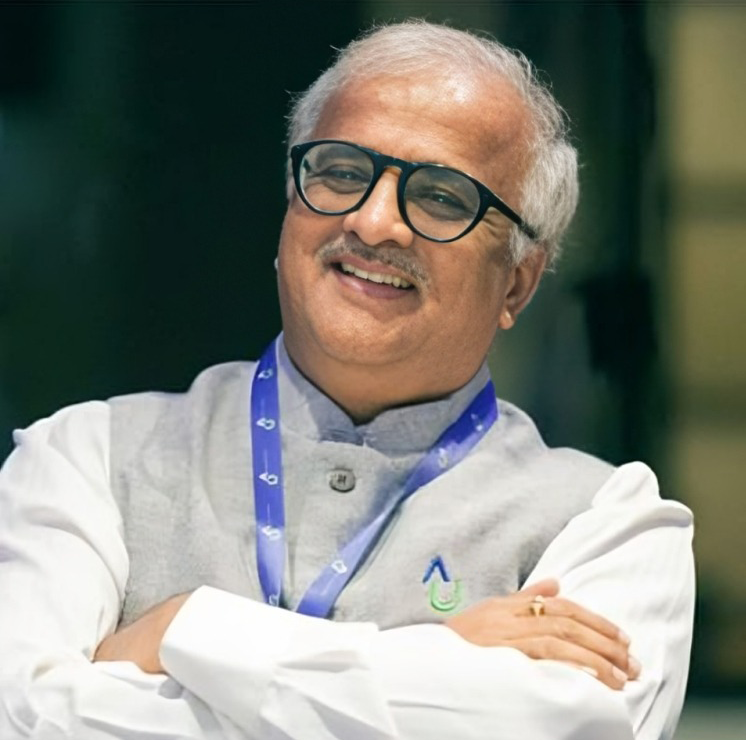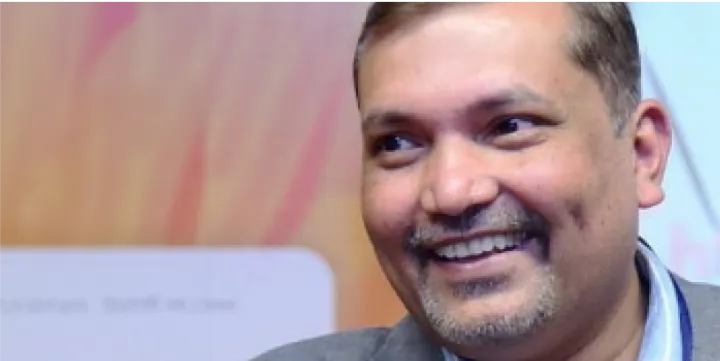Atria University is India’s first Liberal STEM University, pioneering education that blends scientific depth, interdisciplinary choice, and real-world capability. Industry has evolved—disciplines are merging, AI is reshaping every field, and sustainability is driving global progress, yet academia has not kept pace. Liberal STEM restores what education should be: a place to question, imagine, build, and become.
Our project-based pedagogy gives students both depth and breadth: expertise in one domain and the freedom to integrate knowledge across others. India’s challenges in energy, mobility, climate resilience, and digital infrastructure demand builders who can merge science, engineering, AI, and sustainability to design real solutions.
That’s why our programmes focus on high-growth, future-critical domains: Digital Transformation & AI, Life Sciences, Energy Sciences, eMobility, and Sustainability. Across every pathway, AI is woven into learning, research, and problem-solving. As automation accelerates, human insight, creativity, and critical thinking become the true differentiators.
Atria University is also a Living Laboratory for sustainable innovation. Our Centres of Excellence function as convergence hubs where advanced technologies meet deep scientific research, enabling students to build and test scalable solutions for real-world challenges. Our students become Beyonders, frontier thinkers and enterprising builders, equipped with not just a degree, but a body of real-world work that reflects their capability and impact.








